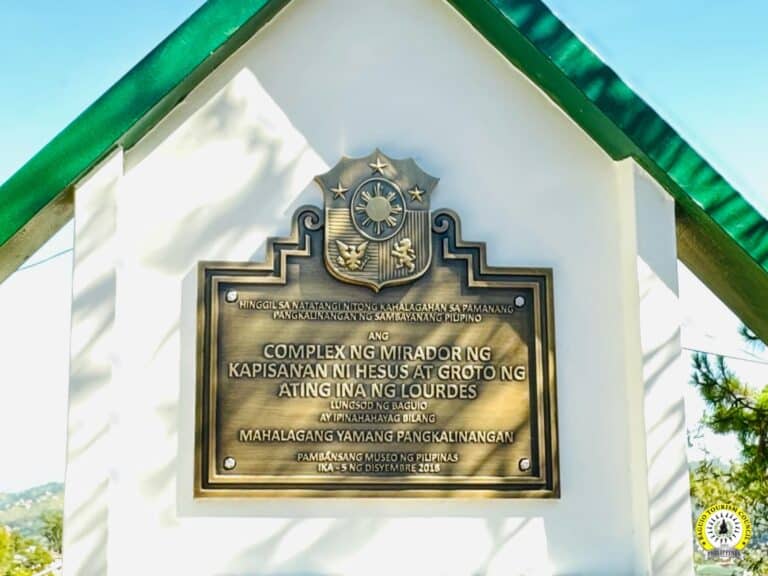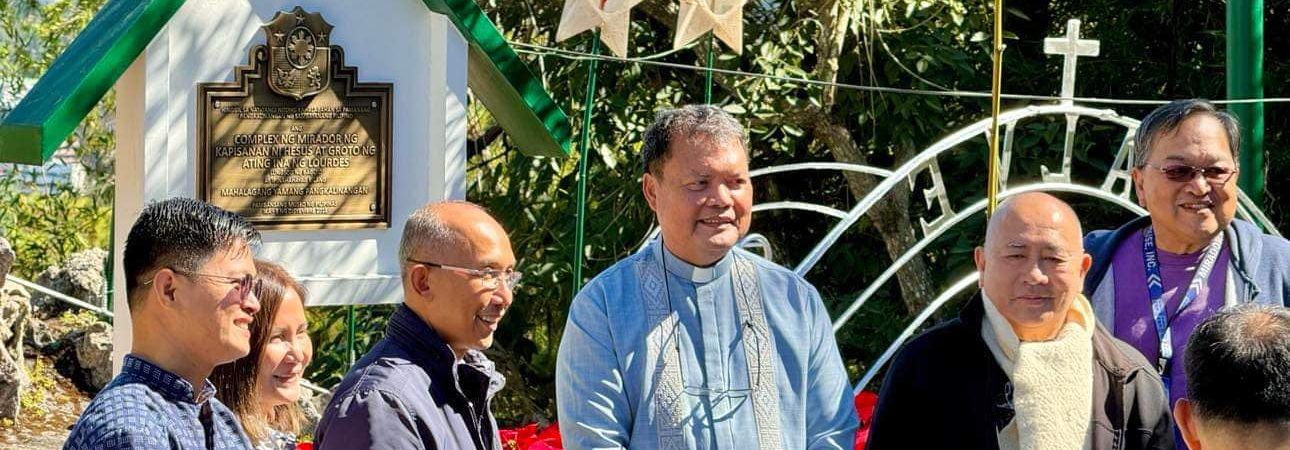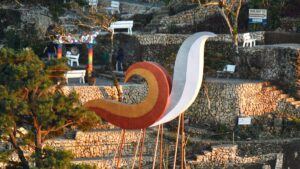Photo credits: Noli Gabilo
The recent designation of the Mirador Jesuit Villa Complex and the Grotto of Our Lady of Lourdes in Baguio City as an Important Cultural Property (ICP) by the National Museum of the Philippines is a testament to their historical and spiritual significance. This honor affirmed through Declaration No. 1-2018, places these sites in a revered league of cultural landmarks within the Philippines.
An Important Cultural Property, as defined by the Philippine National Cultural Heritage Act, is a recognition bestowed upon sites that possess “exceptional cultural, artistic and/or historical significance”. This distinction not only elevates the status of the property but also ensures its preservation, protection, and promotion as part of the nation’s cultural heritage. Other properties that have received this designation in Baguio City include the Colegio del Santismo Rosario (Diplomat Hotel) Ruins, the Laperal House, and the Pedredo’s Lodging House.
Photo credits: PIA Baguio
The ceremony on December 12, 2023, for the unveiling of the Mirador marker as an Important Cultural Property, was graced by the presence of distinguished individuals and supporters, who have been essential in the preservation and enrichment of these historic sites. Mayor Benjamin Magalong and his wife, Arlene, were present, signaling strong civic support. They were joined by Baguio Tourism Council Chairperson Gladys Vergara-de Vera, and Jesuit priests Fr. Jose Quilongquilong and Fr. Rene Javellana, among other collaborators. This assembly of individuals, each contributing in significant ways, reflects the collective effort and dedication that has sustained the historical and spiritual essence of the Mirador Jesuit Villa and Lourdes Grotto over the years. Their ongoing commitment highlights the importance of these sites as pillars of cultural heritage in Baguio City.
Mirador Jesuit Villa and Lourdes Grotto symbolize the harmonious blend of faith, culture, and nature. This designation challenges locals and visitors to deepen their engagement with the Philippines’ rich historical and spiritual heritage. The protection and promotion of such sites are crucial in fostering a shared sense of responsibility and pride in our nation’s cultural legacy.








